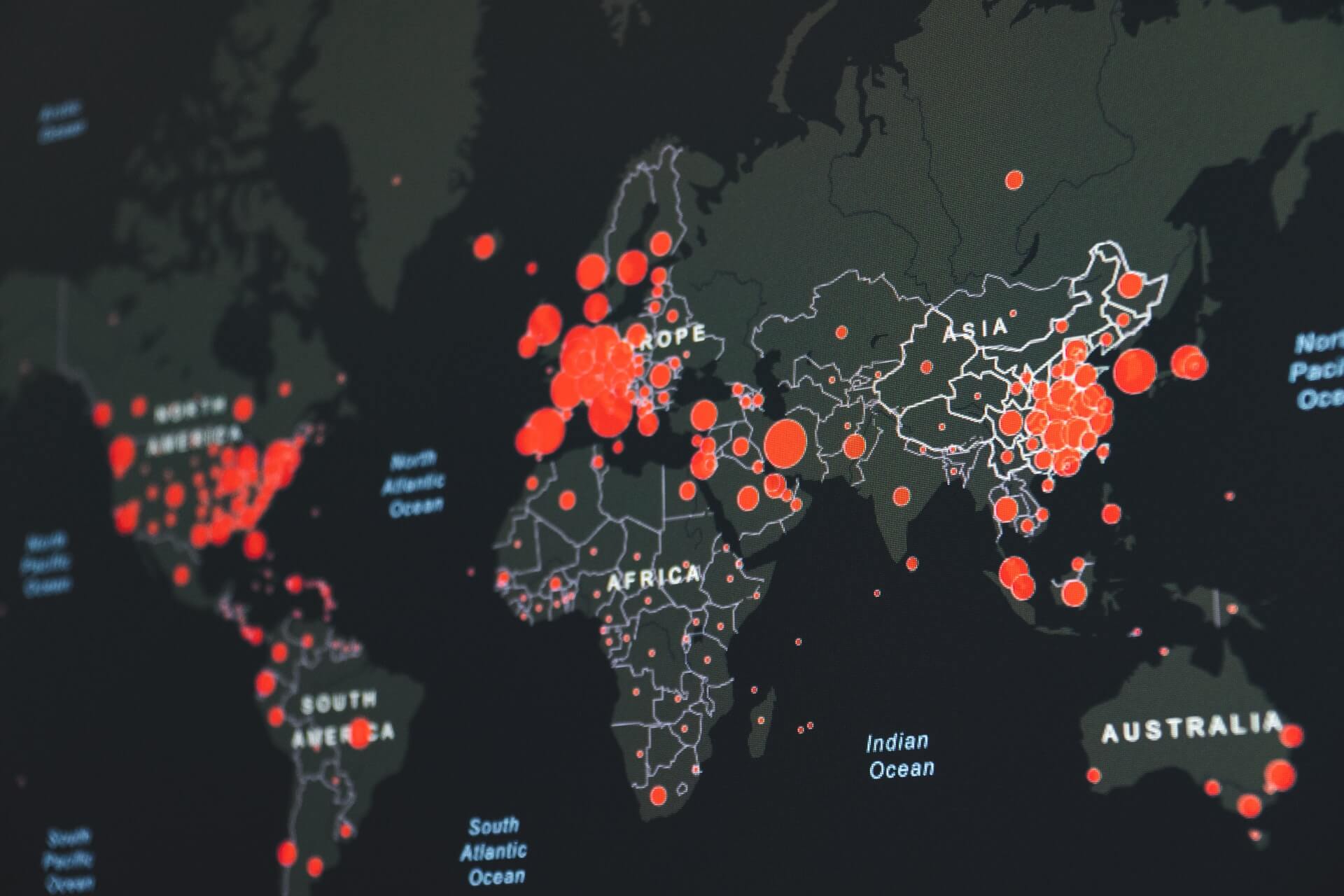COVID-19
Coronavirus disease (COVID-19) is an infectious disease caused by a newly discovered coronavirus.
Most people infected with the COVID-19 virus will experience mild to moderate respiratory illness and recover without requiring special treatment. Older people, and those with underlying medical problems like cardiovascular disease, diabetes, chronic respiratory disease, and cancer are more likely to develop serious illness.
The best way to prevent and slow down transmission is to be well informed about the COVID-19 virus, the disease it causes and how it spreads. Protect yourself and others from infection by washing your hands or using an alcohol based rub frequently and not touching your face.
The COVID-19 virus spreads primarily through droplets of saliva or discharge from the nose when an infected person coughs or sneezes, so it’s important that you also practice respiratory etiquette (for example, by coughing into a flexed elbow).
Source: WHO
Prevention
To prevent infection and to slow transmission of COVID-19, do the following:
- Wash your hands regularly with soap and water, or clean them with alcohol-based hand rub.
- Maintain at least 1 metre distance between you and people coughing or sneezing.
- Avoid touching your face.
- Cover your mouth and nose when coughing or sneezing.
- Stay home if you feel unwell.
- Refrain from smoking and other activities that weaken the lungs.
- Practice physical distancing by avoiding unnecessary travel and staying away from large groups of people.
Source: WHO
Symptoms
COVID-19 affects different people in different ways. Most infected people will develop mild to moderate illness and recover without hospitalisation.
Most common symptoms:
- Fever.
- Dry cough.
- Tiredness.
Less common symptoms:
- Aches and pains.
- Sore throat.
- Diarrhoea.
- Conjunctivitis.
- Headache.
- Loss of taste or smell.
- A rash on skin, or discolouration of fingers or toes.
Serious symptoms:
- difficulty breathing or shortness of breath.
- chest pain or pressure.
- loss of speech or movement.
Seek immediate medical attention if you have serious symptoms. Always call before visiting your doctor or health facility.
People with mild symptoms who are otherwise healthy should manage their symptoms at home.
On average it takes 5–6 days from when someone is infected with the virus for symptoms to show, however it can take up to 14 days.
Source: WHO
Are You COVID-19 Positive and Living at Home?
- Stay in a room that is separated from the other members of the house. Even better if the room has its own toilet.
- Monitor yourself every day for symptoms. Call 999 if your symptoms get worse (breathing difficulties & high fever).
- If you must share the toilet, ensure that the toilet is cleaned and disinfected after each use.
- Wash your hands frequently with water and soal or use hand sanitiser.
- Wear a mask and ensure there is physical distancing 1-2 meter with other members of the house.
Source: Ministry of Health Malaysia

Vaccination
The COVID-19 pandemic has shown that we, as one global community, can only be safe if everyone is included and protected. Vaccine is one of the methods that can help to contain the pandemic. The vaccine works by protecting you and your loved one from getting severe complications as a result of COVID-19 infection.
Elderly and persons with underlying medical conditions such as high blood pressure, diabetes, lung diseases et cetera are particularly vulnerable of developing severe complications due to COVID-19. Therefore, it is highly encouraged for everyone to be vaccinated. Please visit your nearest health facility for a free COVID-19 vaccination.




